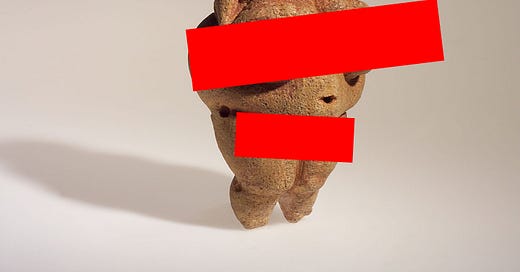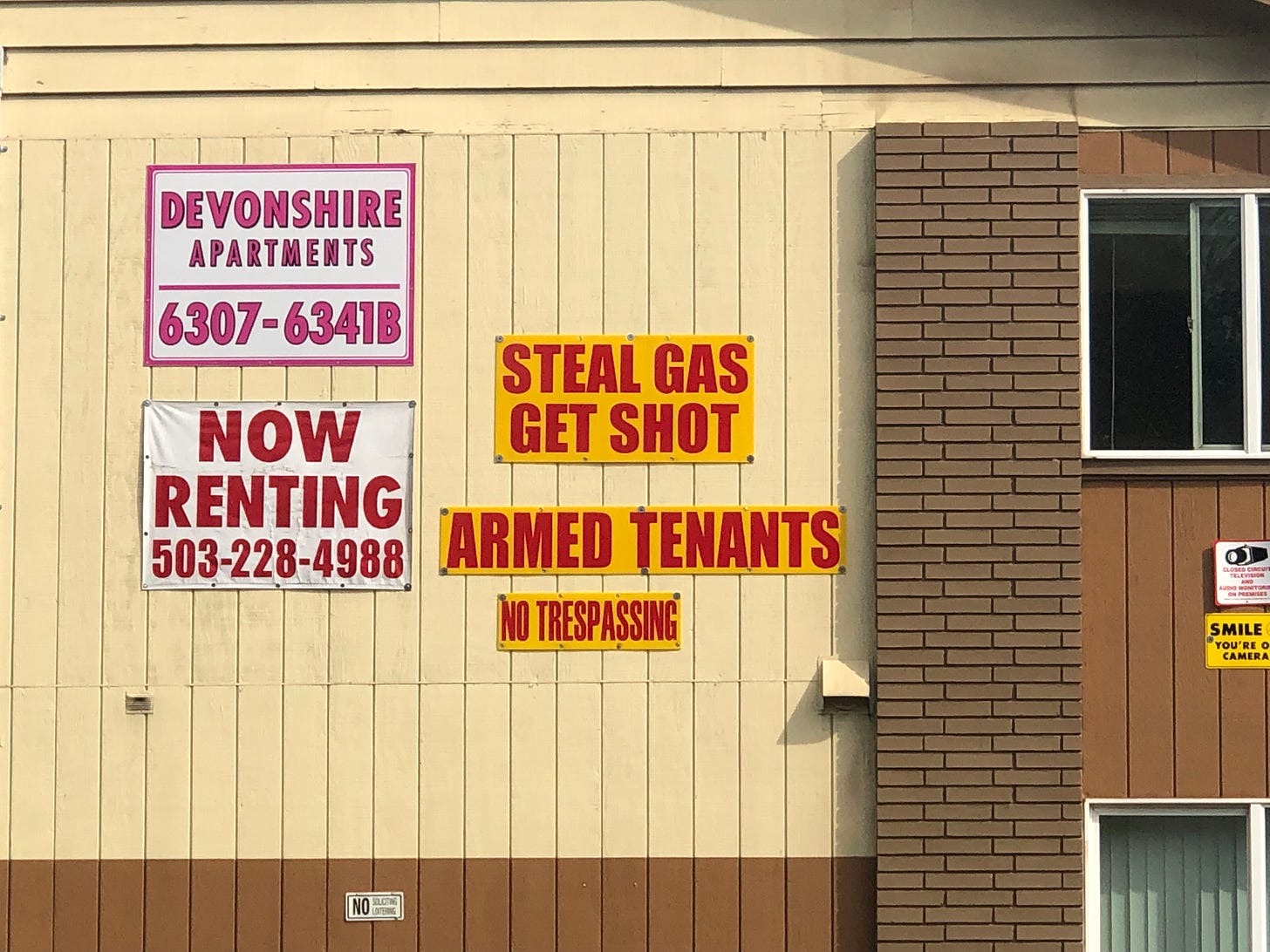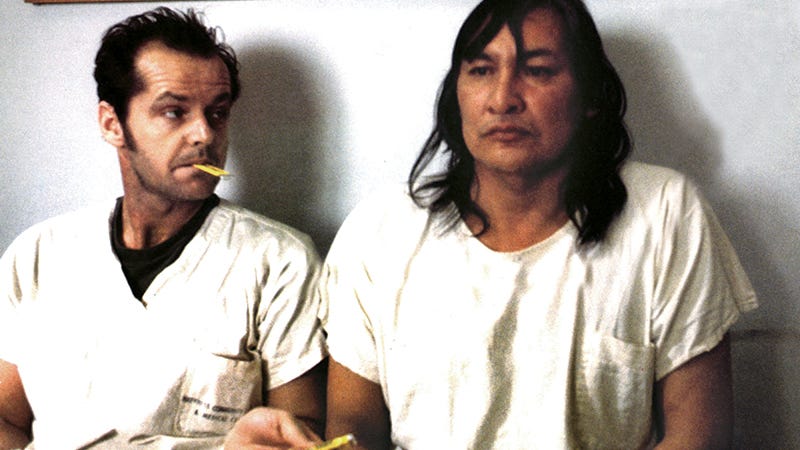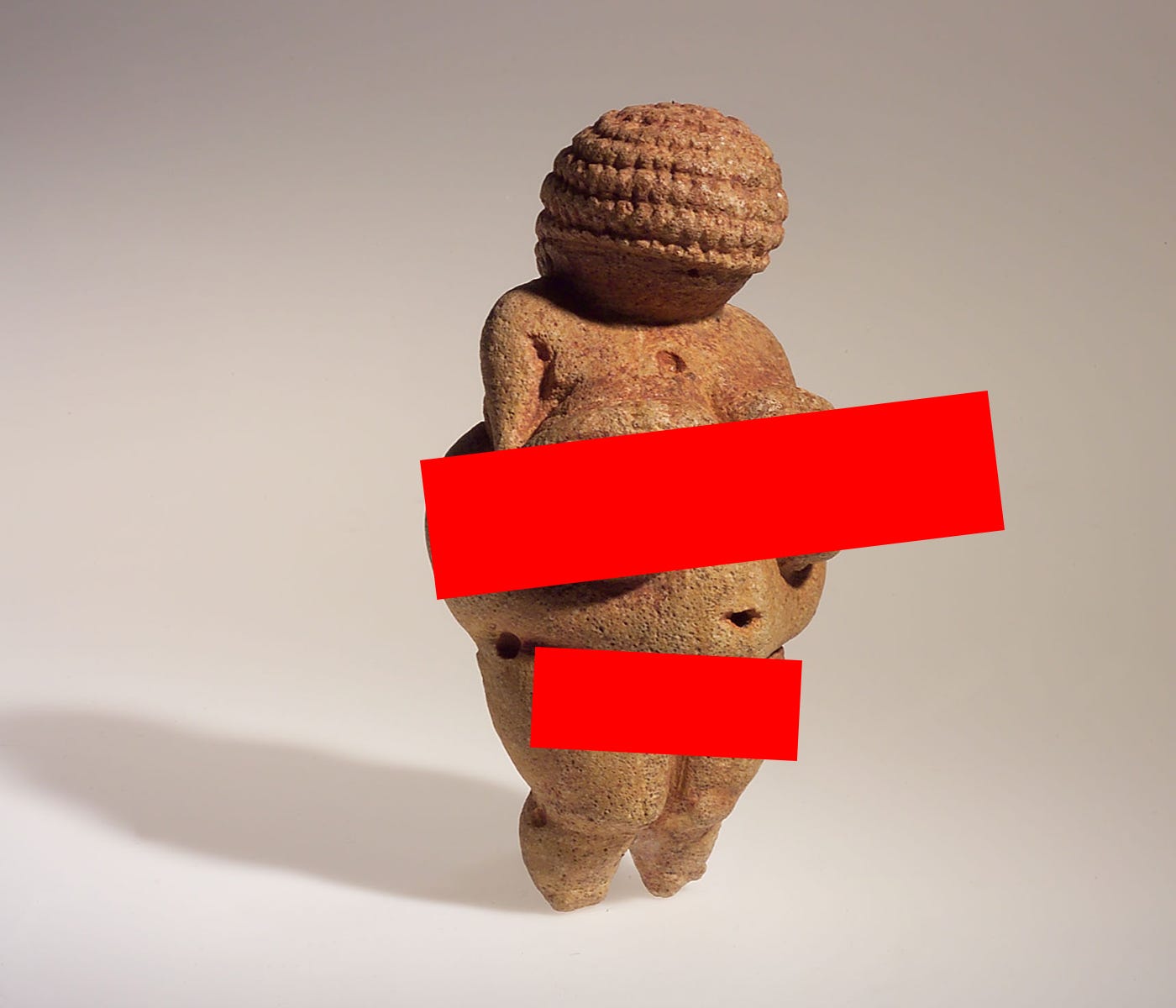As I’ve said before, The Third Ear is a mediator—your middleman between the worlds of art and journalism, and time-strapped readers. Below you’ll find links to a few of The Third Ear’s favorite writers, publications, and podcasts, of late.
The Fall of James Jesus Angleton, by Seymour Hersh
Seymour Hersh is one of the greatest muckraking journalists of the last half-century. He established himself by breaking the My Lai massacre story during the American war in Viet Nam, and his exposure of LBJ’s secret CIA domestic-spying operation on anti-war protestors led to the Church Committee—the congressional hearings that addressed the FBI and CIA’s violation of its own charter: not to spy on American citizens. Until recently, the legacy of the Church Committee hearings prevented such spook subterfuge from recurring—until the revelations of the Twitter Files suggested otherwise. More recently, Hersh proved that the sabotage of Russia’s Nordstream natural gas pipeline to Germany was a U.S. covert operation—only to be ignored by the mainstream press. In the article below, Hersh describes his reporting on illegal CIA operations in the 1970s.
Just Before It’s Too Late: David Johansen Meets Martin Scorsese, by Robert Christgau.
A short review of Martin Scorsese’s new documentary about David Johansen of the New York Dolls, by the “Dean of American Rock Critics,” Robert Christgau—an old hand at Rolling Stone and Creem magazine—and now Substack.
He Was Tom Verlaine: Patti Smith remembers her friend, who possessed the child's gift of transforming a drop of water into a poem that somehow begat music” by Patti Smith.
A quick New Yorker essay by Patti Smith—the CBGB musician-cum-Substack author, on her late friend Tom Verlaine, the inimitable talent behind the band Television. (If you’re not familiar with Television, crawl out from under that rock and listen to Marquee Moon—thank me later.)
The Active Voice: Patti Smith loves being alive
Hamish McKenzie talks to Patti Smith about her life of writing, her long friendships, and cancel culture.
One of the founders of Substack, Hamish McKenzie, conducts one of his occasional podcast interviews with Substack authors. He’s moderated two interviews with Ted Gioia and Mike Solana as well, which are also worth a listen.
The Fifth Column with Kmele Foster, Matt Welch, and Michael Moynihan.
“What happens when the Editor at large of Reason, a national correspondent from Vice News and a partner at Freethink Media made a podcast.”
I first discovered Kmele Foster on Bari Weiss’ Honestly podcast, when Kmele—a “Person of Color”—obliterated the mainstream media’s racism angle on the “Central Park Karen” story. Michael Moynihan knows music like the back of his hand, and does great impressions. Matt Welch loves baseball, among other things. All three are smart, honest and hilarious, offering the kind of cultural takes you’d expect from a group of ex-grad students at a bar. Or if Joe Rogan was three savvy libertarian-leaning intellectuals. Free previews—but you’ll have to pay for full episodes.
All are pals with the next lady on our list…
Nancy Rommelmann’s Portland reporting (two articles below)
The Dream of the ‘90s Died in Portland:
Once an up-and-coming city, Portland was destroyed from within by radical activism and political ineptitude, by Nancy Rommelmann
The best take I’ve read on what exactly happened to this fair city between the halcyon days of Portlandia and the aftermath of the COVID and fentanyl pandemics. A MUST READ—for Portlanders as well as onlookers—some of Rommelmann’s finest work.
I was here during the summer of 2020, witnessed much of the madness myself—but none of this was reported, except by Nancy Rommelmann, a middle-aged single hipster woman, who was bravely reporting on the ground the whole time.
A representative quote from local sources, from Rommelmann’s piece for Reason magazine:
“As people of color, this is not our way of getting the message across, by tearing up other people's stuff," says Terrance Moses, head of the Kenton Business Association. "The fact of the matter is that these are young white kids destroying people's property to try and get a message across that they think is what black people want to hear."
Moses, who grew up in Kenton and who, with his adult son, physically stood in front of businesses in the neighborhood when the ransacking continued a second night, asked to meet with the activists. "'Put down your violence, come join us, and let's really get the message across,'" he says he told them. "Nobody has asked to sit down with me. All they do is just continue to argue. Some say, 'You don't get nothing the peaceful way. We've been trying the peaceful way for 30 years.'"
"I can completely see where the neighbors are upset in Kenton," one activist said following the plaza fire. "The [business owners] are saying, 'We tried to make this great area for everybody with these picnic tables. We spent time with our own materials building this, and then you burned it to make a statement to the police. And you're hurting one of the traditionally black neighborhoods in Portland, too.' So it's a little counterproductive. But there's also that stance of, well, we're here. And if we don't make this noise and respond with the violence we're being presented with from the police, then no change is going to come."
The Reality Portland Does Not Want to See:
Everything modern Portland did led up to the horrific, predictable murder of Rachael Abraham, by Nancy Rommelmann
I discovered Nancy Rommelmann the way I discover most things—through music.
In the spring of 2022, psychedelic-revival band The Brian Jonestown Massacre discovered that their trailer full of priceless musical equipment had been stolen while parked on tour in Portland. Rommelmann mentioned that the theft—one of countless instances of bourgeoning criminal activity since the pandemic in my adoptive hometown, occurred near the house where a woman named Rachael Abraham was recently murdered.
Rachael Abraham was a Somali immigrant, whose husband was released from custody countless times after repeatedly threatening her life, under Portland’s new reformative justice policies. His latest bail bond was posted by an activist group assisting only “black, brown and indigenous men”—enabling him to walk free and finally make good on his promise to murder his black wife in front of their children.
This is what restorative racial justice looks like in Portland.
Rommelmann—who lived in Portland for fifteen years before she fled this Mad Max hellscape for her native New York—has reported on the city’s descent into madness, its drug crisis, and multi-faceted aspects of the 2020 local protest movement, including the burning of black-owned businesses by white protestors in the name of racial justice, in her “Dispatches from Portland” series on her Substack newsletter, “Make More Pie.” (She’s also written for major magazines and newspapers, and cohosts a podcast, “Smoke ‘Em if You Got ‘Em,” with Texas author and journalist Sarah Hepola.)
In the past several years, I’ve watched an inchoate woman hurl a hatchet at a traffic light while taking my son to a nearby skatepark; encountered a young addict beating himself on the head with the remnants of a tennis racket as I escorted my son to a bowling alley downtown; encountered numerous bodies lying prostate on the sidewalk; seen people casually smoking hard drugs beneath their shirts on the sidewalks of major throughways; and witnessed countless store fronts, many of them now defunct, boarded with plywood and covered with graffiti (some of it anti-semitic), on what was once an idyllic commercial neighborhood boulevard. My ex-wife’s back windshield, like so many others, was shattered a block from where we were eating dinner—so thieves could take her Little League baseball equipment from the back seat (the thought of them trying to fence catcher’s gear for drug money brings me some solace through amusement). And then there’s messages like this, on an apartment complex one block from my son’s elementary school:
Car thefts skyrocketed to the highest levels in Portland history during and after the pandemic, along with homicides—especially in black communities—since the movement to Defund the Police.
To say nothing of ubiquitous street-side, “urban camping” tent cities, for “people experiencing homelessness” and drug dependency, which make Depression-era Hooverville look like a hobo’s paradise.
When I arrived home from Texas three weeks ago, at the Portland airport I was greeted by a stuporous man strapped to a gurney arguing with airport “Super cops”—as he mockingly taunted them—next to the baggage carousel.
Last Saturday, en route from LAX to PDX, I was seated next to an inconsolable, out-of-her-body woman and her catatonic-with-grief husband, returning to Portland to claim the body of their 38-year-old son, who had overdosed on fentanyl. When I offered my condolences, the deceased’s mother reached across her husband’s lap, clutched my hand in wails, and could. not. let. go.
Her tears were contagious. After the flight, I stumbled my way back to that same baggage carousel I’d visited three weeks earlier, in a state of vicarious grief.
The general “compassionate” consensus about such crisis-level suffering in Portland has been, “meh.” Rommellman’s reporting is a powerful antidote to this utterly blind-eyed “progressive” lunacy, from a truly compassionate perspective.
Oh—did I mention that the father of Nancy’s late husband, who was part Native American, was Muskogee painter, actor, and rodeo performer Will Sampson—the man who played “Chief” Bromden in One Flew Over the Cuckoo’s Nest?
One of the great Oregon films of all time. Sampson died in Houston, Tx.
Before he did, he offered the woman who would be his daughter-in-law some characteristically short-worded, “Chief”-like advice:
First do it. Then, talk about it.
That’s exactly what Nancy Rommelmann has done, walking the protest streets of Portland during the summer of 2020 and beyond, then writing about it.
Can Joe Rogan Make Austin the Comedy Capital of America?
Backstage at the Mothership, Joe Rogan speaks to The Free Press about ‘third rail stand-up’ and why it’s essential to comedy, by Olivia Reingold
I have a theory, which I’ll be introducing in later posts (after The Imitation Game: A philosophy of American popular music), that when comedy is in trouble, so is society. The Soviets had strict prohibitions regarding laughter, as did the medieval Catholic church in the years leading up to the Wars of Religion.
Comedians are being assaulted onstage. Dave Chappelle, with a knife shaped like a gun—which, as one comedian joked: only in America could someone sneak a weapon into a theater by pretending it’s a firearm—and Chris Rock, bitch-slapped by an uxorious Will Smith at the Oscars. Jerry Seinfeld, like many comedians, refuses to perform stand-up on college campuses, for obvious reasons.
But this article gives me hope that perhaps laughter in America is not dead, at least for certain people, in certain places.
It’s no coincidence that many of the most earnestly-probing social commentaries today come from comedians—or people we may no longer even consider comedians, but have their roots in comedy—Bill Maher, Joe Rogan, Dave Chappelle, et al. The gents at The Fifth Column (see above) mine a similar vein: open dialogue through respectful, intelligent humor. Same goes for the ladies at Smoke ‘Em.
TGIF: The Free Press by Nellie Bowles
Every Friday, Nellie Bowles—wife of Free Press founder Bari Weiss and New York Times contributor—offers an irreverent weekly roundup of the biggest news stories from a dualistic perspective. I can’t recommend The Free Press enough for readers of all political persuasions, and look forward to TGIF every Friday. A real gem, with lots of links to lots of stories from a panoply of news sources. Please enjoy—this should be at the top of the list for a healthy news diet.
Selah, and Happy Mother’s Day…












